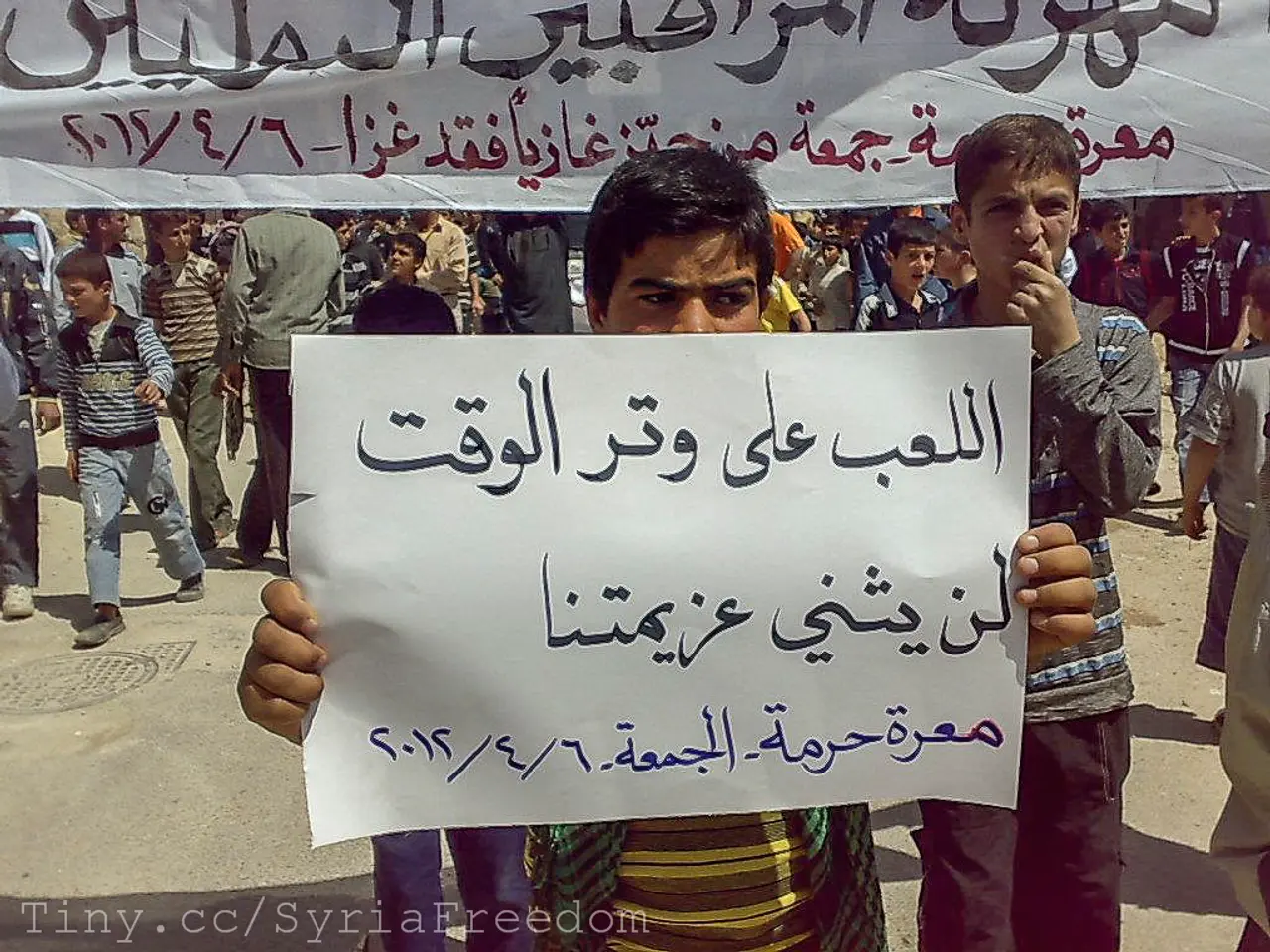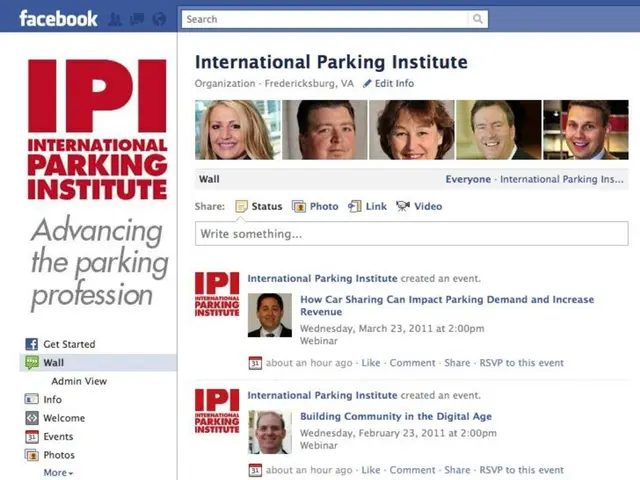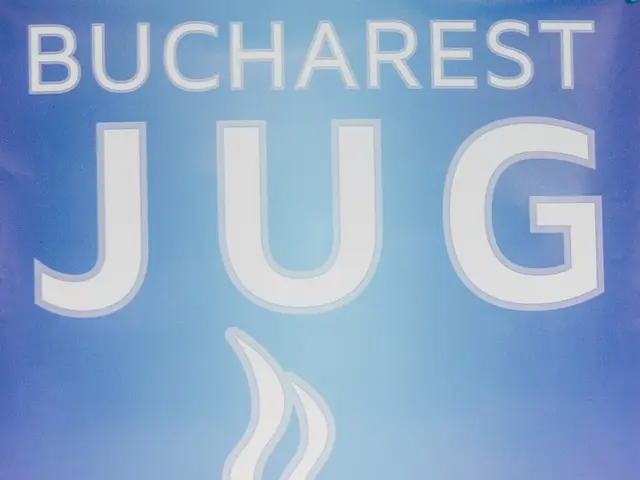Strict Anti-Extremist Measures Implemented by UK Government Officials
In the wake of troubling incidents, UK ministers are putting pressure on regulatory bodies in the health, charity, and education sectors to take decisive action against individuals espousing extremist views. This collective stance underscores a commitment to maintaining the UK as a place of tolerance and respect, free from the pernicious effects of hatred and extremism.
The Charity Commission is scrutinising British mosques with charity links due to preachers expressing extremist views. Similarly, the Government is urging education institutions, including universities, to protect students from anti-Semitism and prevent extremism. Universities must also act against racial harassment and intimidation on their campuses.
Health Secretary Steve Barclay has emphasised the potential danger of healthcare professionals who hold extreme views, which could compromise the standard of care provided to diverse communities. Consequently, Barclay has reached out to the General Medical Council (GMC) and Nursing and Midwifery Council (NMC), stressing that extremist views and hate speech cannot be tolerated within the healthcare profession.
Recent cases of professionals in these sectors expressing extremist views have come under scrutiny. For instance, Dr Mennah Elwan, a London-based doctor, has been suspended from seeing patients due to her comments following the Hamas attack. Similarly, Haroon Hanif and Abu Ibraheem Hussnayn have come under scrutiny for their controversial statements supporting extremist ideologies.
Moreover, Dr Martin Whyte, a former high-ranking member of the British Medical Association, was sanctioned following the discovery of his anti-Semitic comments on social media. Despite being sanctioned, Whyte continues to be licensed to practise without restrictions, a fact that has raised eyebrows and concern.
While the UK government's response to the Israel-Hamas conflict has primarily focused on sanctions and regulatory measures aimed at Israel and individuals connected to violations of international law, no direct sector-specific sanctions or regulations against extremist views in UK healthcare, charity, and education sectors have been reported in this context.
However, the Labour government suspended some arms export licenses to Israel in 2024 due to concerns about military use violating international law, signalling a cautious approach toward supporting activities that may fuel conflict. Sanctions have also been applied to specific Israeli settlers and politicians linked to settler violence, marking a significant political move implicating systemic extremist violence outside the UK.
In conclusion, the UK government's response to the Israel-Hamas conflict focuses on international sanctions and diplomatic measures targeting Israeli actions and individuals implicated in violence, with indirect implications for UK sectors. UK ministers, including Universities Minister Robert Halfon, are urging sector leaders to take action against extremism and hate speech within their domains. As the UK continues to strive for a tolerant and respectful society, these efforts are expected to persist and evolve.
- Universities Minister Robert Halfon, in line with the government's push for a respectful society, is urging university leaders to address extremism and hate speech on their campuses, not only in the realm of politics but also within entertainment and social media, where such views can proliferate and negatively impact students' experiences.
- In addition to scrutinising healthcare professionals and educators, regulatory bodies, such as the General Medical Council and Charity Commission, should also monitor the conduct of individuals in the entertainment industry, given the potential for influencing public opinion through platforms like social media, where issues like crime and justice are frequently discussed.








